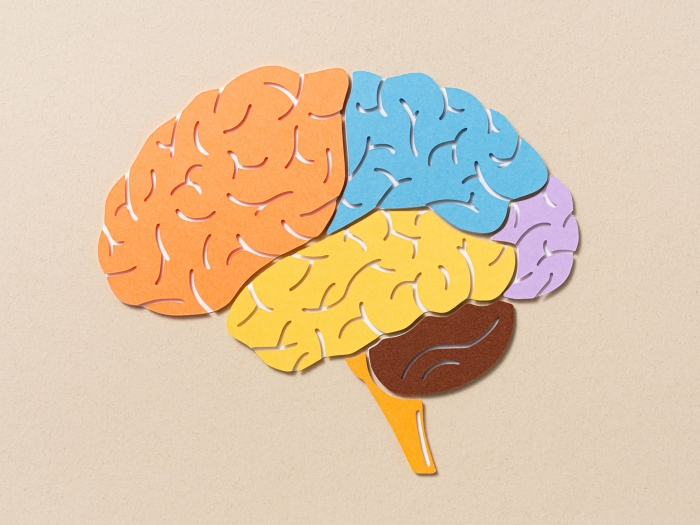A visit from a friendly dog or cat does more than simply brighten the day of someone living with dementia. It can play a key role in maintaining better health.
8:00 AM
Author |

When I worked in long-term care facilities with those on their dementia journey, I saw the benefits of animal-assisted pet therapy firsthand.
People living with dementia often feel isolated, depressed and without purpose. Yet my coworkers and I saw the residents experience so much joy simply by having animals around — to pet, to groom, to feed or to share a lap.
Some residents saw reduced stress and anxiety or improved social skills. Others were able to reduce their medications as a result of the happiness brought on by the pets that either lived in or visited our facilities.
Although experiences may vary, one thing is for certain: quality time with four-legged friends does far more than make us feel good.
Pets offer health benefits
There is evidence that just 15 minutes of bonding with an animal sets off a chemical chain reaction in the brain that lowers levels of cortisol (our "fight or flight" hormone) and increases levels of serotonin (our "feel-good" hormone).
Such positive and immediate changes in hormone levels can help lower one's heart rate, blood pressure and stress levels. And if interaction with pets is a regular occurrence, we might ultimately see lower cholesterol levels, fewer incidents of depression and even protection against heart disease.
Mobile groups can help
Many hospitals and long-term care communities have an agreement with organizations such as Therapaws or Pet-A-Pet to conduct regular visits.
While dogs are usually the "therapists," I have also seen patients delighted by cats, rabbits and gerbils.
Some facilities even have a resident cat, dog or bird on-site to create good feelings and a homelike atmosphere.
Your own furry pals might help, too
Pet therapy also benefits people who are still living at home.
Friends and family can help by paying a "pet visit" to the person's home. Only bring animals that are calm, well-trained and not disruptive.
While it may be tempting to provide a new pet for the patient with dementia, realize that it is unlikely that the individual or their family would be able to handle such an obligation.
Stuffed creature comforts
Some people with a more advanced dementia could enjoy the company of a lifelike stuffed pet animal. I have seen residents grooming, playing with and loving their "pet" as they would any real-life creature.
The ultimate goal of pet therapy is to enrich the person's life, provide more opportunities for joy and improve their quality of life. Pets are one more way that we, as caregivers, can do this.

Explore a variety of health care news & stories by visiting the Health Lab home page for more articles.

Department of Communication at Michigan Medicine
Want top health & research news weekly? Sign up for Health Lab’s newsletters today!





